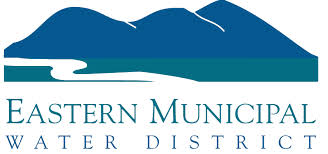
In affirming, the majority of appellate justices stated: “Evidence Code section 1521 expressly permits the admission of secondary evidence to prove the content of a writing except when a ‘genuine dispute exists concerning material terms of the writing.’ Section 1523, subdivision (d), of the Evidence Code expressly permits oral testimony of the content of a writing if ‘the writing consists of numerous accounts for other writings that cannot be examined in court without great loss of time, and the evidence sought from them is only the general result of the whole.’” The majority does state: “Secondary evidence, of course, must comply with the rules governing the admissibility of evidence generally, including relevance [citation] and the hearsay rule.”
The dissenting justice pointed out there was no foundation the underlying documents reviewed were either business records or official records, and that Code of Civil Procedure section 437c, subdivision (d), requires that supporting and opposing declarations shall be made by any person on personal knowledge, shall set forth admissible evidence and shall show affirmatively that the affiant is competent to testify to the matters stated in the declarations. The dissent also states: “Evidence Code section 1523 is a best evidence rule allowing secondary evidence to prove the content of a writing. In this case, the dissenting justice continues, the discovery requests were not for business records, but for any and all documents. The requests did not ask that any custodian of records submit a verification coinciding with the foundational requirements of Evidence Code sections 1271 or 1280, but merely a verification under penalty of perjury that the copies provided are adequate and true and complete. Some of the documents produced, 62 pages, were from other companies, not the company responding to the document requests. According to the dissent, the “fact” in dispute was whether or not there was a continuous 30-day cessation of work which would commence the limitations period, so this issue does not appear to be one of form over substance. (Golden State Boring & Pipe Jacking, Inc. v. Eastern Municipal Water District (Safeco Insurance Company) (Cal. App. Fourth Dist., Div. 2; July 23, 2014) 228 Cal.App.4th 273, [175 Cal.Rptr.3d 116].)
Leave a Reply
You must be logged in to post a comment.